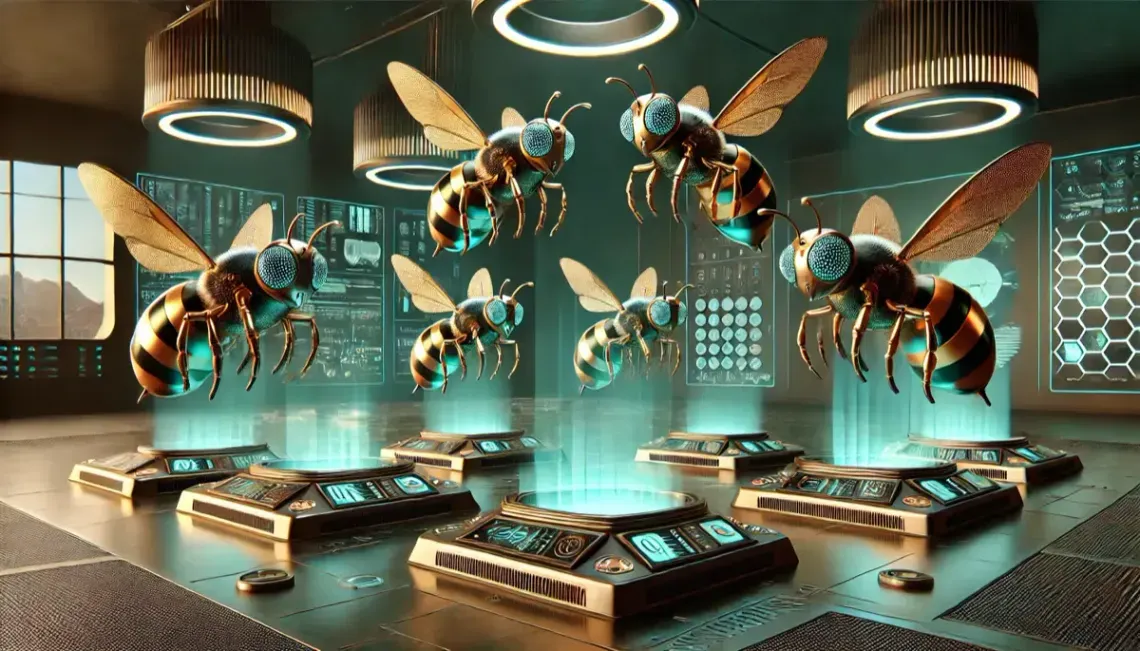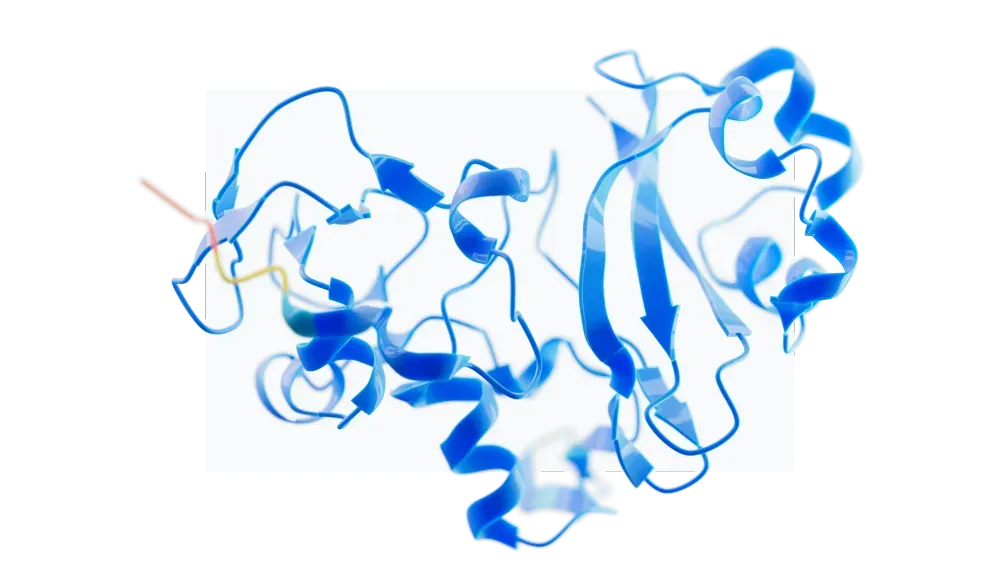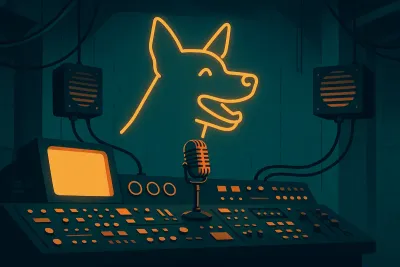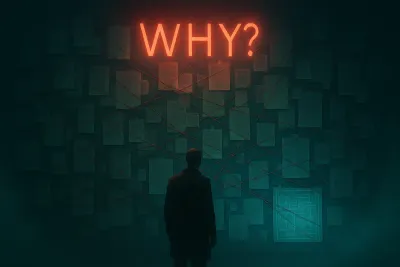Five Years

”Five years from now, I don’t know how I’ll think.” Larry Ellison, Chairman of Oracle
I’m speaking at a conference in Zagreb soon. I haven’t been to Croatia before, so I’m looking forward to having a wander around after I’ve finished prancing about the stage. Recommendations appreciated (for Zagreb, rather than prancing… I’ve got the latter covered).
While refining the speech, I ended up dwelling on OpenAI’s “5 levels of AI” again. It’s been squatting in my head, rent-free, all week, as is the way of squatters. While I’m normally pretty optimistic about emerging tech, as you know, recently I’ve been struggling. My view on AI and automation is that we should automate tasks, not roles, using the technology to augment our existing capabilities. But for another talk recently, I did a deep dive into “AI Workers”, and now I think the timeline for OpenAI’s 5 levels is shorter than I’d anticipated. That future involves the automation of a lot more than tasks.
So, those 5 levels, in case you’re struggling to remember the short-lived article they posted in July, then squirrelled away again.
Level 1: Chatbots and Conversational AI
Achieved in 2022. We all know what we’re on about here, so let’s move on.
Level 2: Reasoners
Systems that think about a task or request before responding. Achieved, more or less, in 2024, with models like GPT o1. So let’s move on.
Level 3: Agents
I guarantee this will be the topic clogging up LinkedIn feeds for the next 2–3 years. Doubtless I’ll be guilty of that too. You give an agent a goal, like “organise my trip to Zagreb”. The agent thinks about the best way to accomplish the goal, breaking it down into steps. Then it takes action, looking at your calendar, researching flight options, booking you a seat, paying for a hotel, etc. You can also set agents on autopilot with goals like “ensure I have a constant supply of meetings with new leads”. It’ll keep at it until you tell it to stop.
We don’t really have proper agents yet (timestamp Nov 21st 2024) but we do have plenty of organisations claiming that they’ve made one. You could argue that Claude Computer Use sort of accomplishes this, but it’s basic. Impressive, but basic. It uses your computer, looking at what’s on the screen, launching your browser, searching the web, entering data into forms. OpenAI are rumoured to be launching their version, Operator, in a few weeks.
So, let’s say, for sake of argument, Level 3 achieved 2025-2028. By that, I mean agents like 11x being cost-effective for everyday use, which they certainly aren’t today. (Someone said $50k per year, each. Ouch!).
Level 4: Innovators
Autonomous research, including the design of new products and services. Again, we sort of have this. The beginnings, at least. Systems like AlphaFold by Google DeepMind, autonomously discovering new proteins, give us a sense of what’s possible.
There are a bundle of new tools for software development. Most of them made public this year. Tools like bolt.new, Replit Agent and many others allow you to describe what you’re trying to make. Then the tools make it. They’re a bit buggy and unpredictable, but when they work, it’s like magic.
Even the “standard” frontier models like Claude and GPT can do something similar. I saw a woman create her own line of skincare products by sharing selfies with GPT to analyse her skin condition, then test a range of combinations until she’d created products that worked for her.

But these aren’t autonomous in the sense implied by Level 4. Systems that can research, design and make new products and services. When it’s possible for anyone to make stuff, then it’s only people with existing distribution networks that have an advantage.
Hard to predict this one, but I’m guessing 2028-2030. Having said that, EVERY prediction I’ve made about the timing of AI developments has been too conservative.
Level 5: Organisations
Think numerous agents, acting autonomously to achieve goals, communicating with each other, delegating tasks, orchestrated much like a colony of bees. Given my estimates for the previous levels, I’m picking 2030-ish for this.
5 years.
First, the automation of tasks. Then roles, then departments, then organisations.
5 years.
Oh, great. Now what?
I don’t know. Nobody does. If they say they do, they’re lying.
It won’t be all roles or all organisations. But look at LinkedIn. There are so many highly skilled, top-of-the-industry people looking for work. Either that, or they’re setting up their own micro-business, or becoming a consultant or coach or whatever.
So, I’m here to help. This newsletter will have helpful tips for anyone navigating what’s coming.
Your data is not shared. Unsubscribe with 1 click.








Member discussion